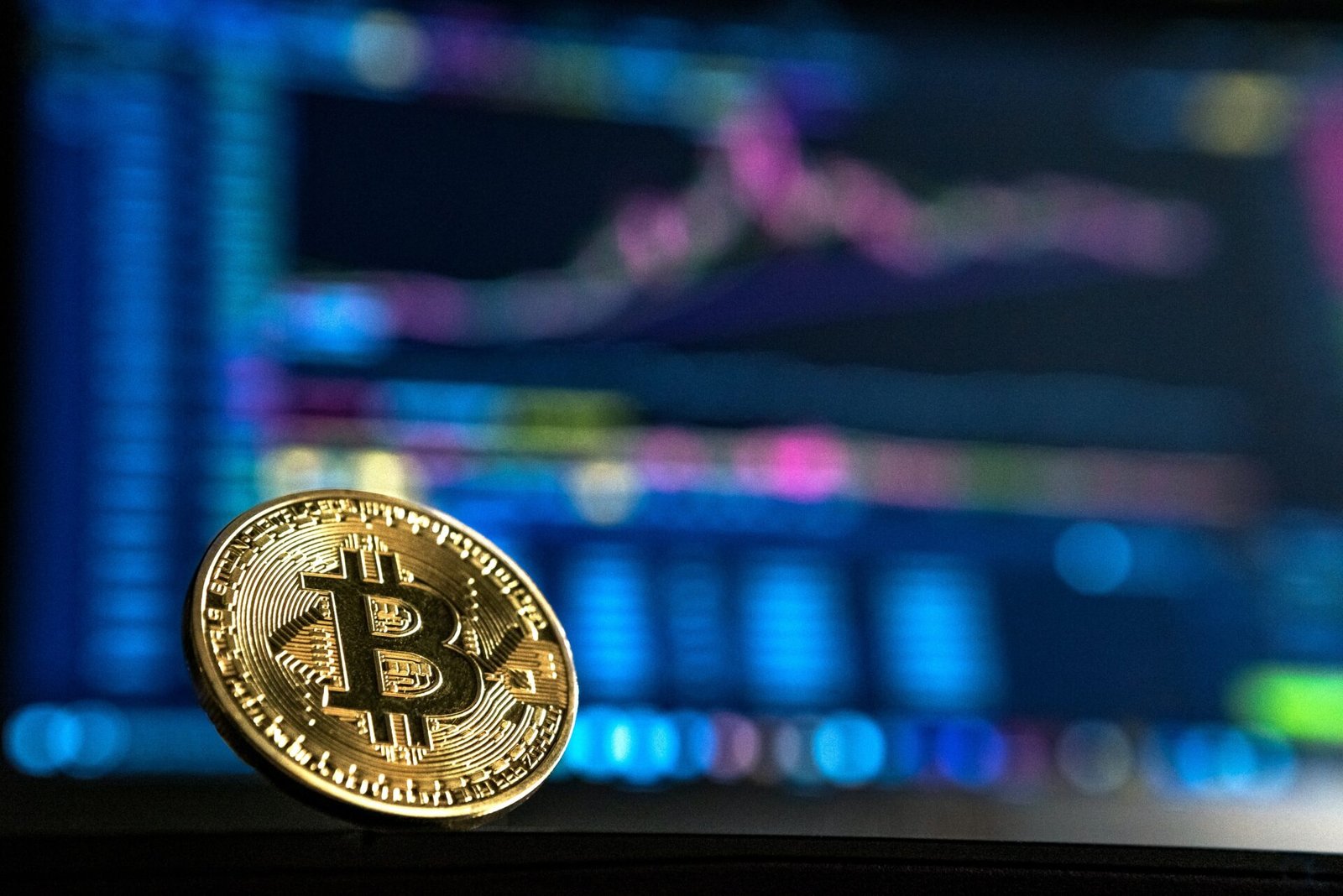Introduction
Insider trading refers to the buying or selling of stocks by individuals who have access to non-public information about a company. These insiders, such as executives, directors, or major shareholders, possess valuable insights into the company’s operations, financials, or upcoming events. When insiders trade stocks based on this privileged information, it can have a significant impact on the stock’s price and overall market sentiment. In this blog post, we will explore the various ways insider trades impact stocks.
One of the key ways insider trades impact stocks is through the signaling effect. When insiders buy or sell their company’s stock, it sends a signal to the market about their confidence or lack thereof in the company’s future prospects. For example, if a CEO purchases a significant amount of shares in their own company, it can be seen as a positive signal that they believe the stock is undervalued and that the company is likely to perform well in the future. This can lead to an increase in demand for the stock and drive up its price.
On the other hand, if insiders are selling their shares, it can be interpreted as a negative signal that they have concerns about the company’s future performance. This can lead to a decrease in demand for the stock and cause its price to decline. Investors often closely monitor insider trading activity to gauge the sentiment of company insiders and make informed investment decisions.
Another way insider trades impact stocks is through the information asymmetry they create. When insiders trade based on non-public information, they have an unfair advantage over other market participants who do not have access to the same information. This can lead to market inefficiencies and distortions in stock prices. For example, if insiders are aware of a pending merger or acquisition that has not yet been publicly announced, they can trade on this information before it becomes known to the general public. This can result in significant profits for insiders but can also lead to losses for other investors who are unaware of the upcoming news.
Insider trades can also impact stocks through their effect on market sentiment and investor confidence. When news of insider trading activity becomes public, it can create a perception of unfairness and erode trust in the market. This can lead to a decrease in investor confidence and a decline in overall market sentiment. In extreme cases, it can even lead to regulatory investigations and legal action against the individuals involved in the insider trading. Therefore, it is essential for companies to have robust internal controls and compliance programs in place to prevent and detect insider trading.
In conclusion, insider trades can have a significant impact on stocks in various ways. The signaling effect, information asymmetry, and their effect on market sentiment and investor confidence all contribute to the influence of insider trades on stock prices. It is important for investors to consider insider trading activity when making investment decisions and for companies to prioritize strong corporate governance practices to maintain market integrity.
1. Price Movements
One of the most immediate and noticeable impacts of insider trades is the effect on stock prices. When insiders buy or sell shares in their own company, it sends a signal to the market about their confidence or lack thereof in the company’s future prospects. If insiders are buying shares, it suggests that they believe the stock is undervalued or that positive news is on the horizon. This can lead to an increase in demand for the stock and push its price higher.
Conversely, when insiders sell their shares, it may indicate that they have concerns about the company’s performance or outlook. This can create a negative sentiment among investors, leading to a decrease in demand and a subsequent decline in the stock’s price.
The impact of insider trades on stock prices is not always immediate and can vary depending on various factors. For example, if the insider trade is significant in terms of the number of shares bought or sold, it is likely to have a more pronounced effect on the stock price. Similarly, the timing of the trade can also play a role. If insiders buy or sell shares shortly before a major announcement or earnings release, the market may interpret their actions as a reflection of their knowledge about upcoming positive or negative developments.
Furthermore, the reaction of the market to insider trades can also be influenced by the overall market conditions and investor sentiment. In a bullish market, where investors are optimistic and confident, insider buying may be seen as a confirmation of positive prospects for the company and can result in a more significant price increase. On the other hand, in a bearish market, where investors are cautious and risk-averse, insider selling may amplify the negative sentiment and lead to a more substantial decline in the stock’s price.
It is important to note that while insider trades can provide valuable insights into the company’s prospects, they should not be the sole basis for making investment decisions. Other factors such as financial performance, industry trends, and market conditions should also be taken into consideration. Additionally, it is crucial to ensure that the insider trades are conducted in compliance with legal and regulatory requirements to maintain market integrity and prevent insider trading abuses.
2. Investor Sentiment
Insider trades can also have a significant impact on investor sentiment. When insiders buy shares, it can act as a vote of confidence, reassuring other investors that the company is in good shape. This can boost investor sentiment and attract more buyers to the stock.
On the other hand, if insiders are selling their shares, it can create a sense of uncertainty and doubt among investors. This can erode investor confidence and lead to a decrease in demand for the stock. Other investors may interpret insider selling as a sign that the company’s prospects are not as promising as they once thought.
Investor sentiment plays a crucial role in the stock market. It is the overall attitude or feeling that investors have towards a particular stock or the market as a whole. Positive investor sentiment can drive up stock prices, while negative sentiment can cause prices to decline. The actions of insiders, such as buying or selling shares, can greatly influence this sentiment.
When insiders buy shares of their own company, it sends a strong signal to other investors that they have confidence in the company’s future prospects. This can create a positive feedback loop, as more investors become optimistic and start buying shares as well. As demand for the stock increases, its price tends to rise, further reinforcing the positive sentiment.
Conversely, when insiders sell their shares, it can trigger a wave of selling among other investors. This is because insider selling is often seen as a sign that those who know the company best are not optimistic about its future. Investors may interpret this as a lack of confidence in the company’s ability to generate profits or overcome challenges.
Furthermore, insider selling can also be seen as a signal that the company’s stock is overvalued. Insiders may choose to sell their shares when they believe that the market has priced the stock higher than its intrinsic value. This can lead to a correction in the stock’s price as other investors follow suit and sell their shares.
Overall, investor sentiment is a delicate balance between optimism and pessimism. It is influenced by a variety of factors, including economic conditions, market trends, and company-specific news. The actions of insiders, particularly their buying or selling of shares, can have a significant impact on this sentiment. Therefore, it is important for investors to closely monitor insider trading activities and consider them as part of their investment decision-making process.
Furthermore, the regulatory impact of insider trading extends beyond just legal consequences. It also has significant implications for market integrity and fairness. Insider trading undermines the level playing field that is essential for a healthy and transparent market.
One of the key regulatory measures implemented to combat insider trading is the requirement for companies to disclose material non-public information (MNPI) in a timely and fair manner. This ensures that all investors have access to the same information at the same time, preventing any unfair advantage for insiders. Companies are also required to have internal controls and procedures in place to prevent the misuse of MNPI by their employees.
In addition to these company-level regulations, regulatory bodies like the Securities and Exchange Commission (SEC) in the United States play a crucial role in monitoring and enforcing insider trading laws. The SEC conducts investigations into suspicious trading activities, analyzes trading patterns, and collaborates with other regulatory bodies and law enforcement agencies to uncover and prosecute insider trading cases.
The regulatory impact of insider trading is not limited to individual countries. In today’s interconnected global markets, insider trading can have cross-border implications. Regulatory bodies around the world have recognized the need for international cooperation to combat this illegal practice. They share information, coordinate investigations, and collaborate on enforcement actions to ensure that insider trading does not go unpunished.
Moreover, the regulatory impact of insider trading extends beyond the financial markets. It can have broader economic implications as well. When insider trading occurs, it erodes investor confidence and undermines the integrity of the financial system. This can lead to a decrease in investments, hamper economic growth, and negatively impact the overall stability of the economy.
Given the far-reaching consequences of insider trading, it is crucial for regulators to continuously review and update their regulations to keep pace with the evolving nature of this illegal activity. They must also work closely with market participants, including exchanges, brokerages, and investors, to ensure effective implementation and enforcement of these regulations.
In conclusion, the regulatory impact of insider trading is multifaceted, encompassing legal, market integrity, and economic considerations. Governments and regulatory bodies play a crucial role in preventing and punishing insider trading, thereby safeguarding the interests of investors and maintaining the integrity of financial markets.
Market efficiency is a crucial aspect of the financial markets. It refers to the degree to which prices of assets reflect all available information. In an efficient market, prices adjust rapidly to new information, making it difficult for investors to consistently outperform the market.
Insider trades can have a significant impact on market efficiency. When insiders, such as company executives or major shareholders, buy or sell shares of their company, it can be interpreted as a signal of the company’s future prospects. For example, if insiders are buying shares, it may indicate that they have positive expectations about the company’s performance. Conversely, if insiders are selling shares, it may suggest that they have concerns about the company’s future.
These signals can be valuable information for investors. By observing insider trades, investors can gain insights into the company’s prospects and make more informed investment decisions. For example, if insiders are buying shares, it may signal that the company is undervalued and present a buying opportunity. On the other hand, if insiders are selling shares, it may indicate that the company is overvalued or facing challenges, prompting investors to reconsider their positions.
However, the impact of insider trades on market efficiency is not always positive. If insider trades are not properly disclosed or if insiders are trading based on non-public information, it can undermine market efficiency. This is because other investors do not have access to the same information and may be at a disadvantage when making investment decisions.
Insider trading regulations play a crucial role in maintaining market efficiency. These regulations aim to ensure a level playing field for all market participants by prohibiting trading based on non-public information. By requiring insiders to disclose their trades and imposing penalties for illegal insider trading, regulators seek to promote transparency and fairness in the markets.
Overall, insider trades can provide valuable information to investors and contribute to market efficiency. However, it is important to ensure that insider trading is conducted in a legal and transparent manner to maintain the integrity of the financial markets.






Be First to Comment